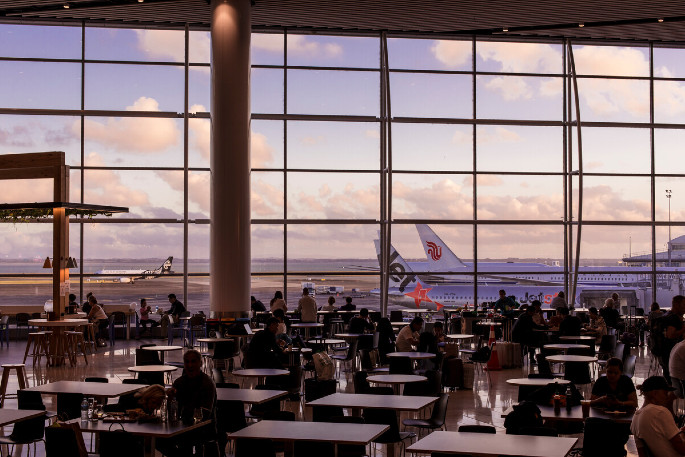This Content Is Only For Subscribers
Auckland Airport has welcomed the Commerce Commission’s draft conclusions that Auckland Airport’s planned capital expenditure, including on the new domestic jet terminal, appears reasonable, has had significant rigour applied to it and benchmarks well internationally.
In its Draft Report the Commerce Commission also indicated that Auckland Airport is targeting a weighted average cost of capital (WACC) that is higher than what it considers to be reasonable.
“We respect the role the Commerce Commission plays, and we will review their feedback and provide additional context in our submissions for consideration in the Commission’s Final Report,” says chief executive Carrie Hurihanganui.
“If the Final Report continues to say that our WACC is too high, we will adjust our pricing – consistent with the approach we took in the previous pricing review. We will confirm the details of this after the Commission’s Final Report is released.
“When we set charges we carefully balance the need to keep charges fair to consumers while supporting investment in nationally significant aeronautical infrastructure. The Commission recognised that while Auckland Airport’s charges are increasing, domestic and regional prices across Price Setting Event 4 will remain at or below other regulated New Zealand airports,” says Carrie.
“A major factor in how the airport sets prices is its WACC, which is calculated with reference to a methodology established by the Commerce Commission.
“At the time of our price setting the Commission’s methodology did not contemplate the impacts of the global pandemic on aviation. Our pricing decision took this into account and the Commission recognised that there were legitimate reasons for doing this.
“This Draft Report shows a difference in how the Commission considers we should have treated the pandemic as part of setting prices. It has relied on its updated methodologies in its assessment. These were released after our prices were set, and we could not have anticipated the approach the Commission took at the time our decision was taken.”
Any changes to charges would take place from July 1, 2025, and apply for the remainder of the pricing period which ends in June 2027. Any reduction in prices would consider the overall financial return targeted across the entire five-year pricing period, with the adjustment in the final two years to balance out the charges in place for the first three years of PSE4.
Auckland Airport welcomes the Commerce Commission’s draft conclusion that Auckland Airport has undergone extensive consultation with airlines on its capital plan, that our planned expenditure appears reasonable and acknowledges the importance of the timing of vital runway and resilience upgrades.
The Commission has said: “We consider that the process and rigour Auckland Airport applied to planning and costing the investment plan was reasonable. When identifying the needs for investing in a new domestic terminal, Auckland Airport had adequate regard to the current service quality issues, asset maintenance, and capacity requirements in the long run. It considered a wide range of options.”
Carrie says Auckland Airport is progressing its infrastructure development programme, with more than 1000 people currently working on the build – making it one of the Auckland region’s most active construction sites.
“More than one third of the integrated terminal is currently under construction, with 20 per cent of the build already complete. We are confident the 26 per cent extra domestic capacity it is adding is in the best interests of the flying public.”
As New Zealand’s gateway airport, Auckland Airport is focused on building the infrastructure needed to serve New Zealand’s economy and community for the next 30 years of travel.
“Our goal is to deliver this infrastructure in a way that keeps travel affordable, while adding the necessary resilience and capacity the airport needs,” says Carrie.
The next step in this process is for interested parties to provide submissions on the draft report, before the Commission releases its final report no later than quarter one 2025.



